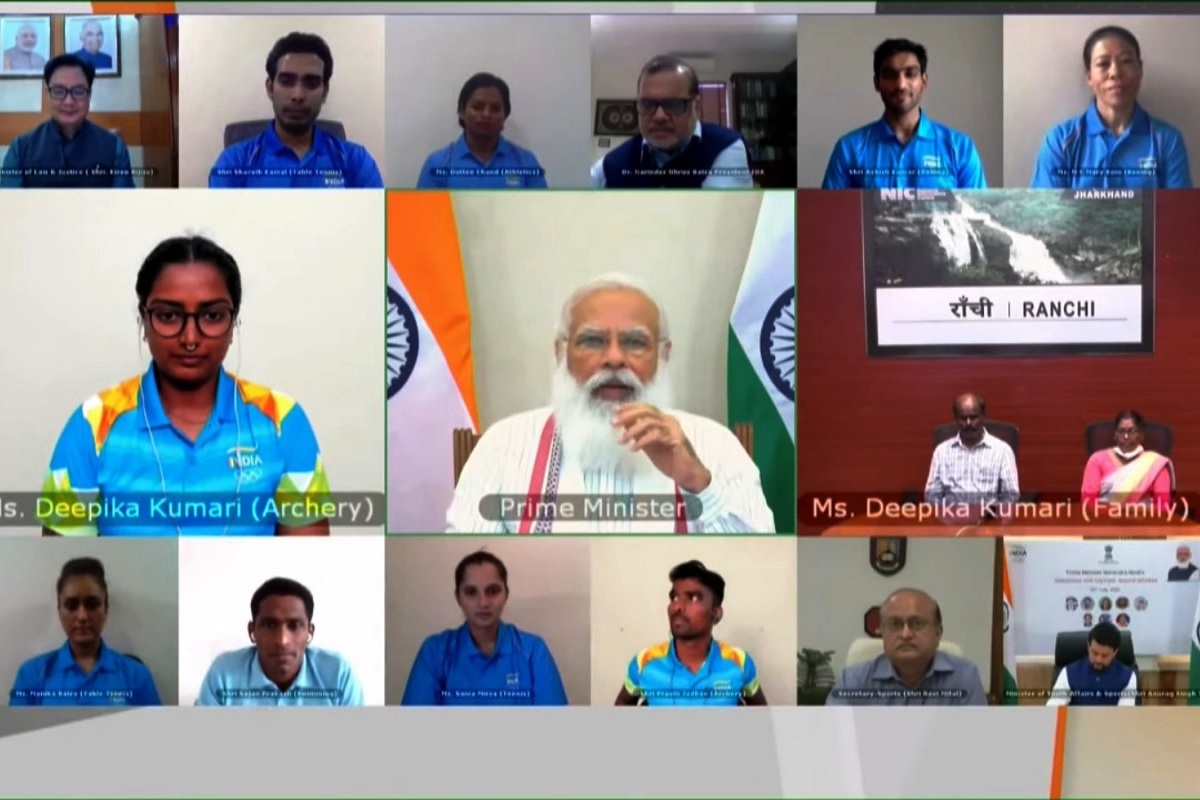The athletes and coaching staff have done their bit and made India proud. Now, with a bestever haul of medals at the just-concluded Olympics in Tokyo – all of seven, let us remind ourselves, from a population of 1.3 billion – it is perhaps time to look at structural issues that plague Indian sport and need addressing on an urgent basis.
Let’s take it from the top. The cringe-worthy felicitation of the medal-winners on their return to India, which was more of various wannabes with a tangential connection to sports doing their bit to boost their public profiles and bask in reflected glory, could have been ignored if it had not been for the largesse showered upon the athletes by various state governments and the Centre.
Advertisement
To be clear, the athletes themselves deserve all the attention, kudos, and financial incentives they have (at least on paper) received. It can also be justifiably argued that given there is in India a flourishing sports bureaucracy in the form of various associations and sports departments, the monies they spend on establishment, wage and operating expenses are far better spent on those bodies that are in place to nurture and support.
Cash handouts and government jobs are expressly not the way to go about it. Sure, if these bloated associations headed by politicians and bureaucrats with zero domain expertise and sinfully wasteful expenditure are cut to size, the money thus accrued could in a transparent manner be distributed on the basis of performance to India’s Tokyo Olympics squad.
But the ad-hoc, arbitrary, and unaccountable throwing of money at athletes most of whom are at the beginning and/or peak of their careers and not at their respective journey’s end makes not only for humiliating optics but will prove counter-productive.
There are innumerable examples over the decades of how having made an initial mark in their chosen sport, athletes have grabbed with both hands the sinecure of a government job and cash to build themselves a house only to fade rapidly from the sporting arena thereafter. That is not the way to produce high-class athletes or build a sporting culture.
Of course, this a peculiarly South Asian – at a stretch Third World – issue because of the modest financial backgrounds our sportswomen and sportsmen hail from in the main, especially those participating in track-and-field events which are at the heart of the Olympics.
There is a solution to this problem. The private sector, which has been instrumental in javelin gold medallist Neeraj Chopra’s success, for example, needs to be all in. A tweak in the Corporate Social Responsibility rules for corporates establishing a minimum outlay towards funding Olympic disciplines is one part of the roadmap.
The establishment of a central nodal authority staffed by domain experts and minimal administrative and support personnel which supervises a holistic programme from the under-12 to the Olympic level with all other associations, departments and ministries wound up, and their financing diverted to this supra sports body, is the other.









